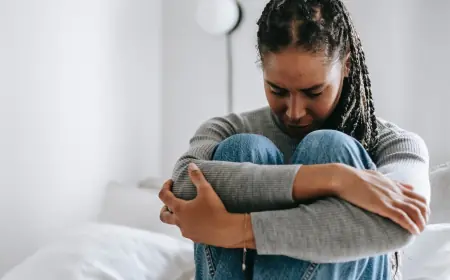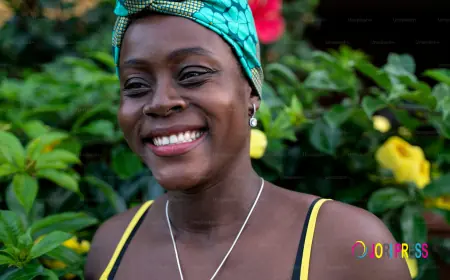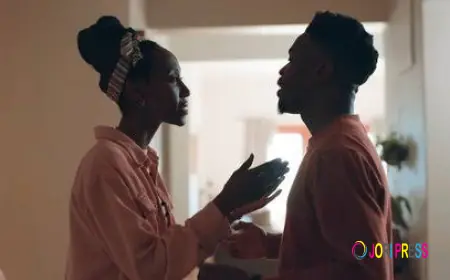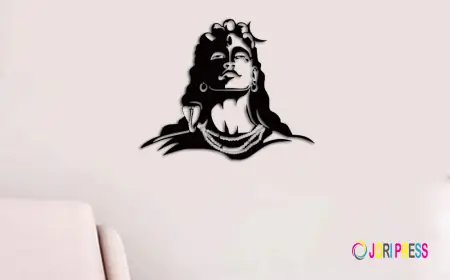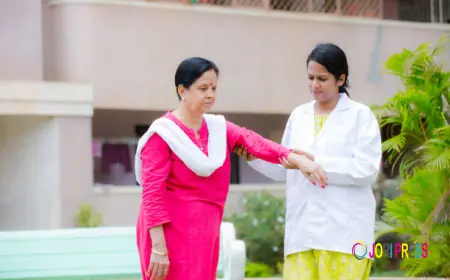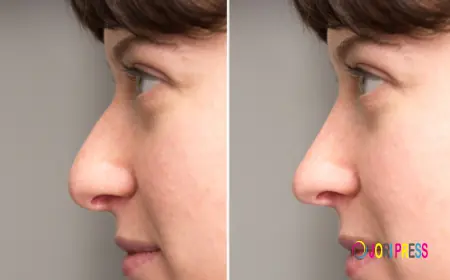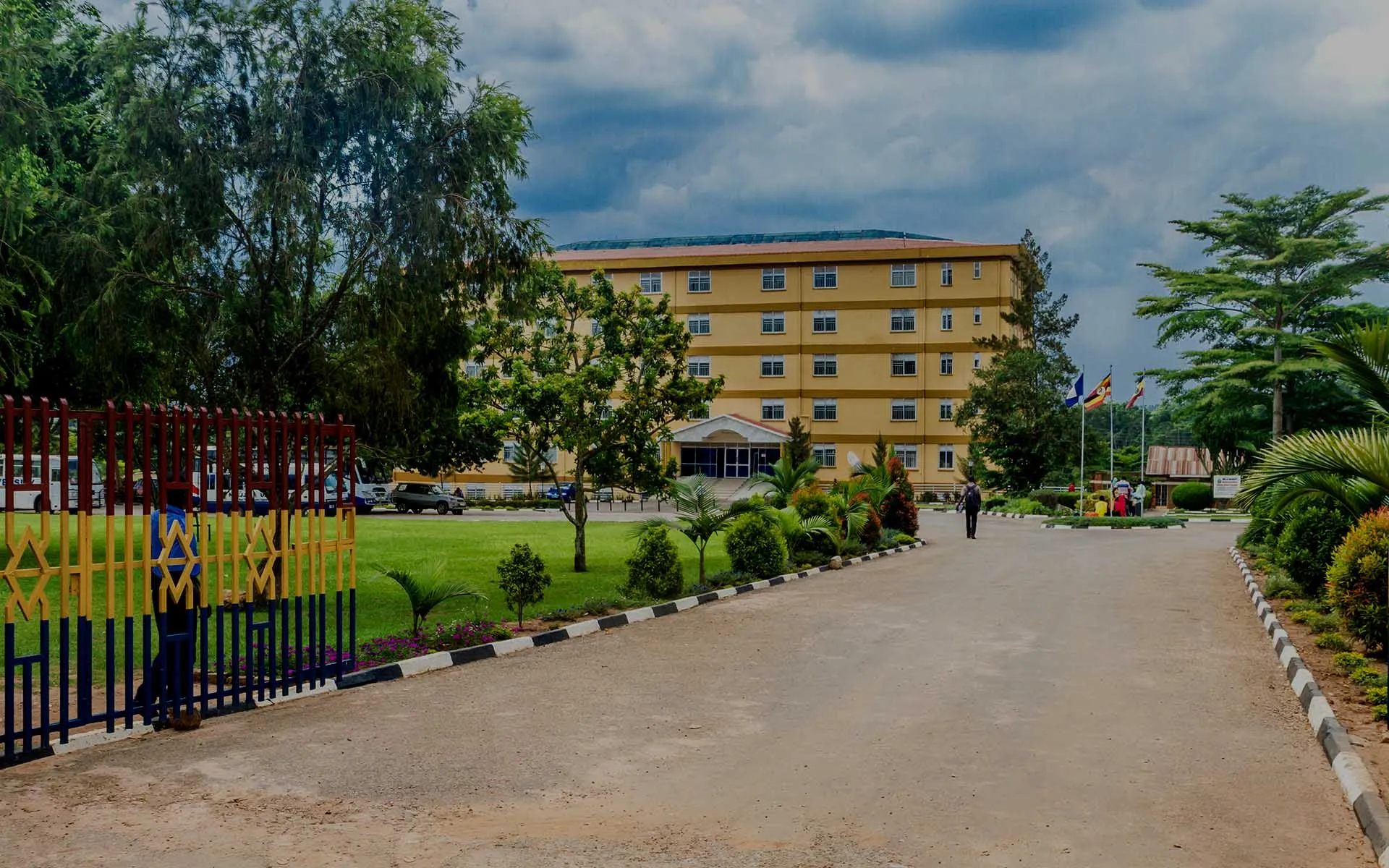Love, Lies, and Exile, The Persecution of Two Women

By Peter Kaye
The story of Sumaya and Patricia is a tragic but all too common illustration of the victimization and systemic discrimination faced by LGBTQ+ individuals globally.
This isn’t merely a personal tragedy; it is a stark, public indictment of the forces of homophobia and the way they weaponize lies to justify violence and oppression.
Their experience transcends national borders, moving from the dance troupes of Uganda to a tenuous safety in the West highlighting that for many, identity itself can be a reason for exile.
The sequence of events a malicious accusation at a wedding followed by a violent mob attack—reveals a chillingly predictable pattern.
The lie, that Sumaya was a “recruiter” for homosexuality, was not a random act but a deliberate tactic. This accusation plays into a dangerous and long-standing homophobic trope that views LGBTQ+ people as a predatory threat to social norms and values, particularly to children and young men.
This trope strips LGBTQ+ people of their humanity, painting them as something to be feared and eradicated. In doing so, it creates a fertile ground where mob justice can thrive without consequence.
The public humiliation at the wedding was the first blow, a psychological assault that isolated Patricia and Sumaya from their community. The physical violence that followed was the inevitable, brutal escalation.
The aftermath is equally devastating. Patricia, physically injured and terrified, had to flee her home in Jinja, becoming an internal refugee in her own country. Her forced displacement is a profound injustice.
She Her “crime” was not a violent act or a theft, but simply existing and loving another woman. Meanwhile, Sumaya, though physically safe in the UK, is emotionally and psychologically trapped.
The accusation has made her a target, a pariah in her homeland. She cannot return to the place she once called home, to the people she led and inspired.
Her career as a dance troupe manager, a role that brought her joy and purpose, is now inextricably linked with fear and betrayal. This situation reveals a deeper truth: for many LGBTQ+ people, safety is not a given but a privilege, and often a temporary one at that.
What happened to Sumaya and Patricia is a microcosm of a much larger, global issue. Their story is not just about a few malicious individuals; it is about societal structures and prejudices that allow such hatred to flourish.
It’s a powerful argument for the necessity of legal protections and social education. Countries must enact and enforce laws that protect LGBTQ+ individuals from discrimination and violence.
Beyond legislation, however, there needs to be a fundamental shift in societal attitudes. We must challenge the narratives that demonize LGBTQ+ people and work to dismantle the stereotypes that fuel hatred.
The dance troupe, “Nile Beat,” was a place of art and expression, a space where difference could be celebrated. The fact that this community turned on two of its own shows how easily hatred can corrupt even the most creative and communal spaces.
The collective response to their suffering is what matters now. Their pain should not be a silent, private burden. It must serve as a catalyst for change.
We must speak out against the silence that allows such violence to happen. We must demand accountability for those who incite hatred and provide support for those who are targeted.
The story of Sumaya and Patricia is a tragic reminder that the fight for LGBTQ+ rights is far from over. It is a call for empathy, solidarity, and unwavering support for those who, like them, are forced to pay an unimaginable price for their identity.
What's Your Reaction?
 Like
0
Like
0
 Dislike
0
Dislike
0
 Love
0
Love
0
 Funny
0
Funny
0
 Angry
0
Angry
0
 Sad
0
Sad
0
 Wow
0
Wow
0
